Here we report on the progress of the leading zk-based Layer 1 builders, documenting recent significant releases, technical breakthroughs and general updates 👇

Aleo/Provable
@AleoHQ highlighted zkEscrow - a private escrow application developed by @venema2010, a finalist of the CodeSprint hackathon. As a cybersecurity professional, Venema built the service on Aleo to enable transactions without revealing personal data, amounts, or contract terms. The app uses ZKPs and eliminates the need for trust in a third party:
As a continuation of CodeSprint coverage, Aleo featured @leofolio - a project by front-end developer @KufreabasiBass1. His freelancing platform uses ZKPs to protect personal data and enable secure, intermediary-free payments.
Participants can prove experience and receive funds via smart contracts without revealing identities. Leofolio builds anonymous reputation and removes the need for trust in freelance transactions:
Also, they shared an article explaining why privacy is the key barrier to enterprise adoption of stablecoins. Public blockchains expose transaction details, creating risks for businesses. ZKPs offer a solution, enabling confidential yet compliant payments. With private stablecoins, companies can manage payroll, cross-border transfers, and B2B payments discreetly. This privacy layer could drive broader blockchain use in commerce, finance, and global remittances:
In other news, @1HowardWu, Co-founder of Aleo in a recent interview told how Aleo is redefining blockchain privacy through ZKPs and programmable privacy.
Wu emphasized the importance of confidential transactions for individuals and enterprises, highlighted Aleo’s vertically integrated stack for developers, and discussed open-source governance, regulatory readiness, and scaling efficiency - all while ensuring data privacy and compliance remain central to Aleo’s vision:
Additionally, on the latest episode of @HouseofZK Radio, he joined @alicelingl and @pavel_sinel, telling how his fascination with ZKPs at Berkeley led to co-authoring Libsnark, then founding Aleo. He outlined Aleo’s mission to combine privacy with programmability and shared progress on developer tools, compliance, decentralized proving, and practical applications like private stablecoin payments:
Meanwhile, @ProvableHQ has released snarkOS v3.8.x for Aleo. The update includes a new consensus version, improved developer experience with faster builds, and updated bootstrap peer IPs from the Aleo Network Foundation. Leo 2.7.0 also introduces type inference and cleaner syntax for ZK programming. Bug fixes and CLI usability improvements round out the release:
Finally, Provable has introduced a native testing framework for the Leo language. Aleo developers can now write unit tests directly in their code to verify the behavior of individual functions before deployment. This simplifies debugging, improves auditing, and increases application reliability. Both compiled and scripted tests are supported. Tests can be run using the CLI with the leo test command:
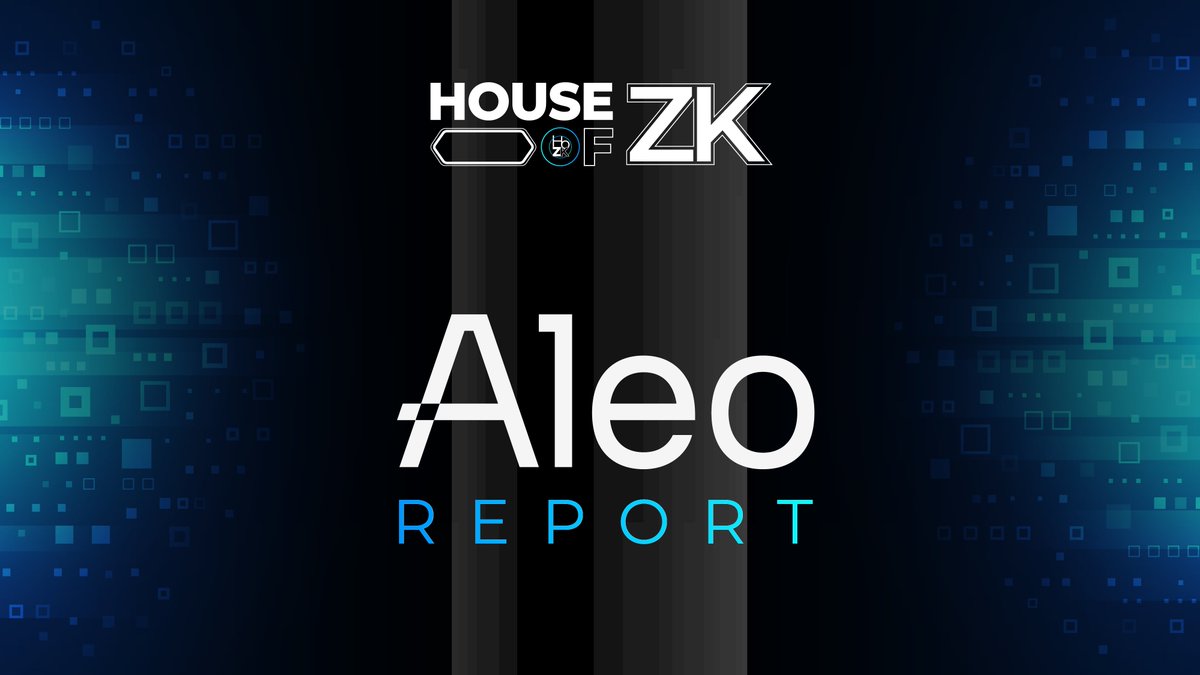
Mina Protocol/o1Labs
@MinaProtocol introduced Mina Attestations - a library developed by @zksecurityXYZ and audited by @hackenclub - that enables developers to build privacy-preserving credential systems using ZKPs.
It supports issuing, presenting, and verifying private credentials while allowing users to disclose only necessary information. Integrated with wallets like @pallad_ and @aurowallet_com, it offers strong cryptographic protections and is now available on npm:
In addition, @o1_labs has proposed its first MIP for the Mina Protocol upgrade this fall. The changes include halving slot times from 180 to 90 seconds, adjusting coinbase and vesting logic, and removing the zkApp soft limit. These updates aim to boost network throughput and responsiveness while maintaining Mina’s succinct, decentralized design:
Lastly, @MinaFoundation is finalizing its transition of operational duties to o1Labs, which will now lead Mina’s engineering, community, and marketing efforts.
o1Labs will focus on the 2025 protocol upgrade, o1js development, and support for key ecosystem projects like zkUSD and Silvana.
The Foundation will manage the decentralized treasury. This shift aims to streamline roles, improve feedback loops, and better support Mina’s long-term goals:
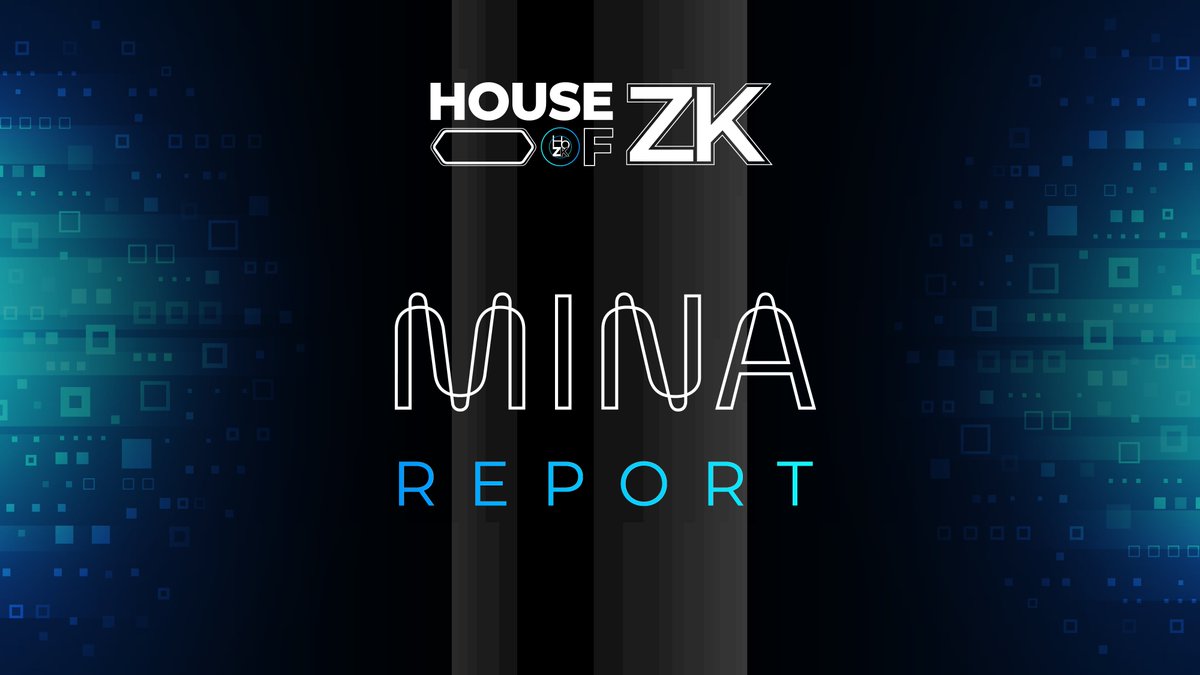
Zcash
@Zcash has integrated with the @Maya_Protocol, enabling decentralized, cross-chain swaps without relying on centralized exchanges. This partnership enhances privacy, self-sovereignty, and user control over data and assets.
ZEC holders can now access permissionless liquidity across chains. Integration into the Zashi mobile wallet is underway, allowing shielded ZEC to be used for cross-chain payments and swaps by 2025:
In addition, @zashi_app has released version 2.0.4 for iOS and Android. The upgrade introduces a toggle to show or hide balances on the send screen, improves the reliability of USD conversion rate fetching, and includes minor updates to icons, text, and animations. These changes aim to enhance usability and provide a smoother experience for users across both platforms:
Lastly, @ZcashFoundation has completed development of FROST, a new cryptographic protocol enabling secure, private multi-party signing for shielded Zcash transactions. FROST maintains unlinkability, requires minimal network interaction, and integrates with existing Zcash tools like RedDSA.
Developers can adopt it using ready-made libraries, servers, and command-line tools. Wallet support is the final step for full user access, with integration guidance available from ZF:
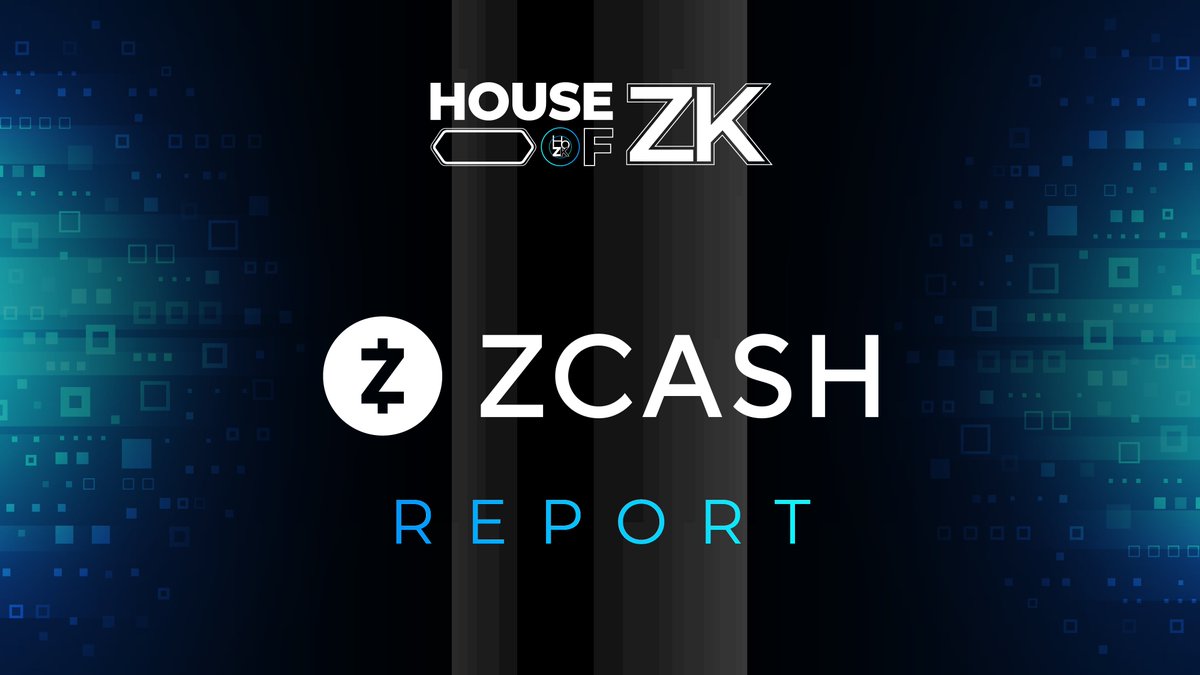
Hyli
@hyli_org has launched its testnet, offering a gamified environment to explore what can be built using cryptographic proofs. Phase 1 invites users to play, test apps like eZKasino and Orange Trail, and share feedback. In Phase 2, starting soon, developers can deploy their own apps, with top projects featured.
The testnet showcases Hyli’s speed, Rust-based development, and advanced proof systems. Access is invite-only, with codes shared via social media and blog. A ZK-powered chat and new games like Hyligotchi are also part of the experience.
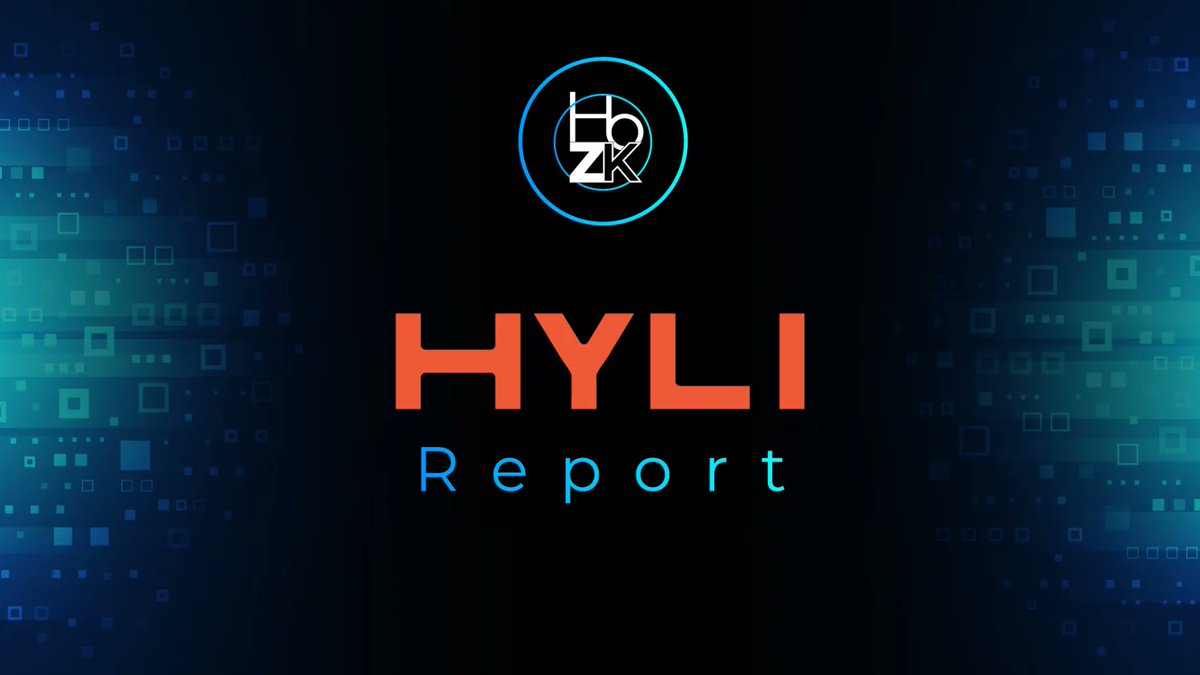
Namada
@namada presented a post-mainnet roadmap outlining its vision to become the composable privacy layer for all of Web3. Now moving beyond its mainnet launch, the network plans to expand to @ethereum, @solana, and more, supporting shielded DeFi actions, and deploying privacy outposts.
The roadmap also includes asset management, shielded bonds, and UI integrations, aiming for full @anoma integration and seamless cross-chain privacy:
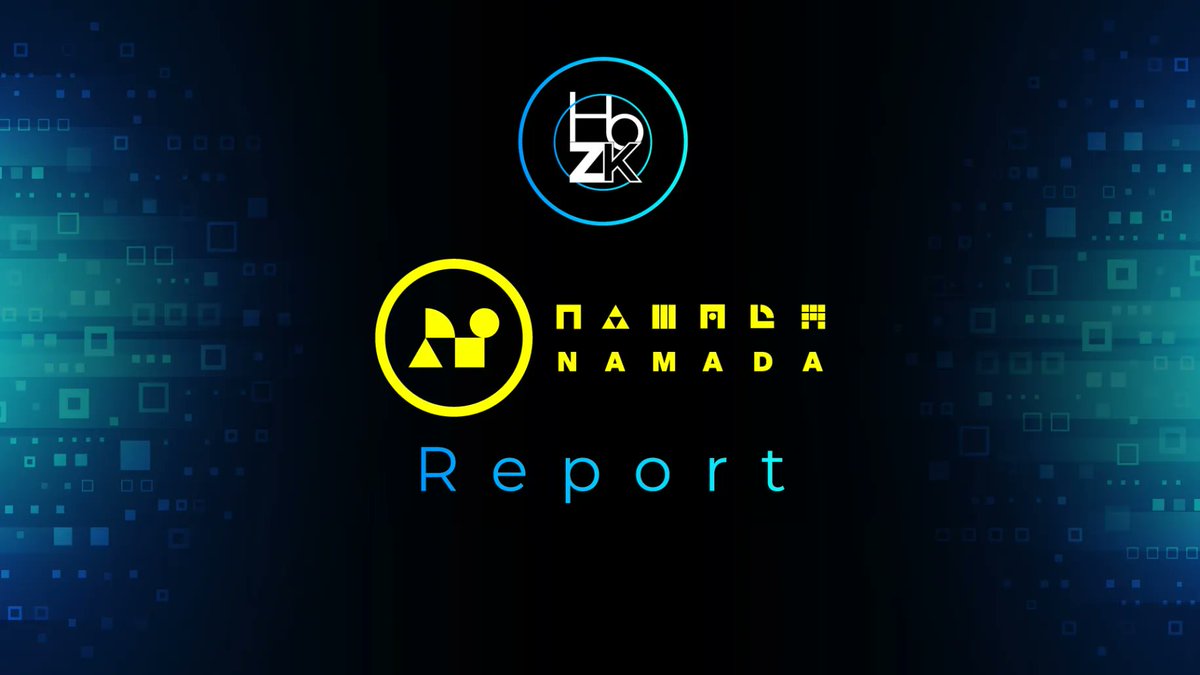
Dusk
@DuskFoundation has launched a two-way bridge allowing users to move native DUSK to BEP20 DUSK on BSC, increasing access and interoperability. Previously one-way, the bridge now supports movement in both directions via the Dusk Web Wallet.
This update aims to enhance DeFi integration and future connectivity without compromising security or transparency, as Dusk's ecosystem continues expanding:
Additionally, they are transitioning to a three-layer modular blockchain stack: DuskDS (settlement), DuskEVM (EVM-compatible apps), and DuskVM (privacy). This architecture slashes integration time, supports Ethereum tooling, and simplifies dApp migration.
A single DUSK token fuels all layers, with a native bridge enabling secure transfers. Institutions benefit from full regulatory coverage, enabling compliant DeFi, asset issuance, and trading within one licensed, privacy-focused network:
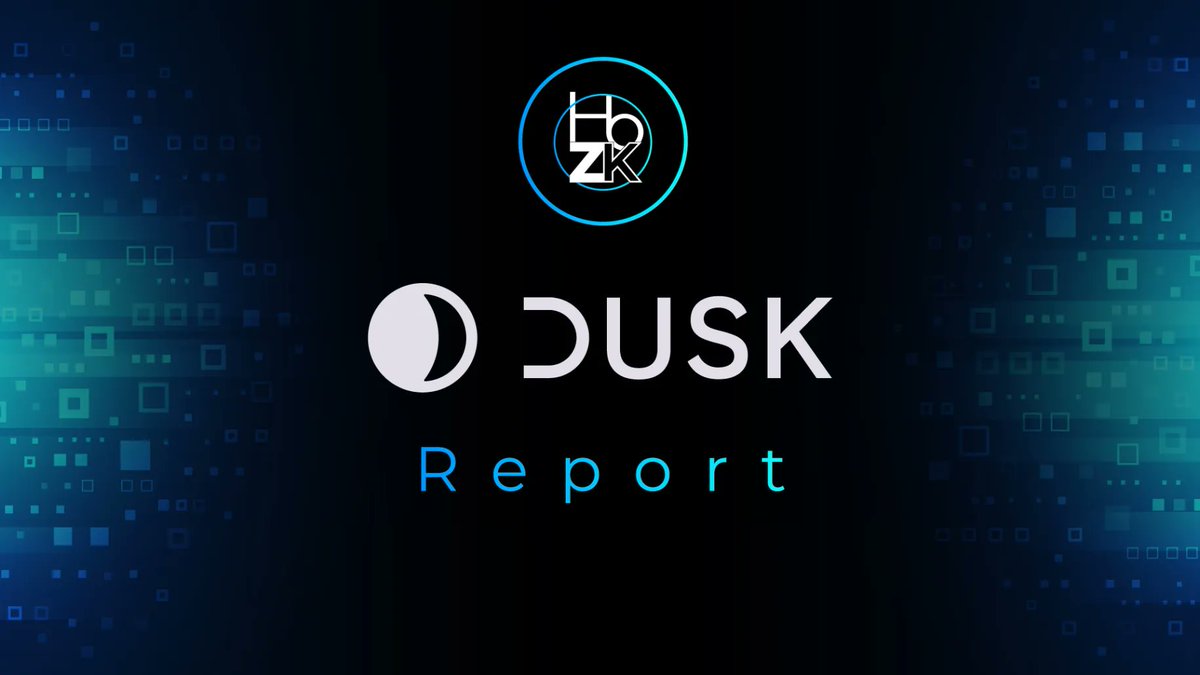
N1
@N1Chain has completed the first round of security audits for its deposit contracts, working with @zellic_io and @spearbit. This marks a key step toward ensuring safety and reliability as the project moves closer to Mainnet launch, reinforcing its focus on secure infrastructure:
In addition, the project has introduced a $20 million liquidity program backed by @ambergroup_io. The initiative aims to support early-stage financial protocols developed on the N1 platform, encouraging the growth of a new wave of decentralized applications within its ecosystem:
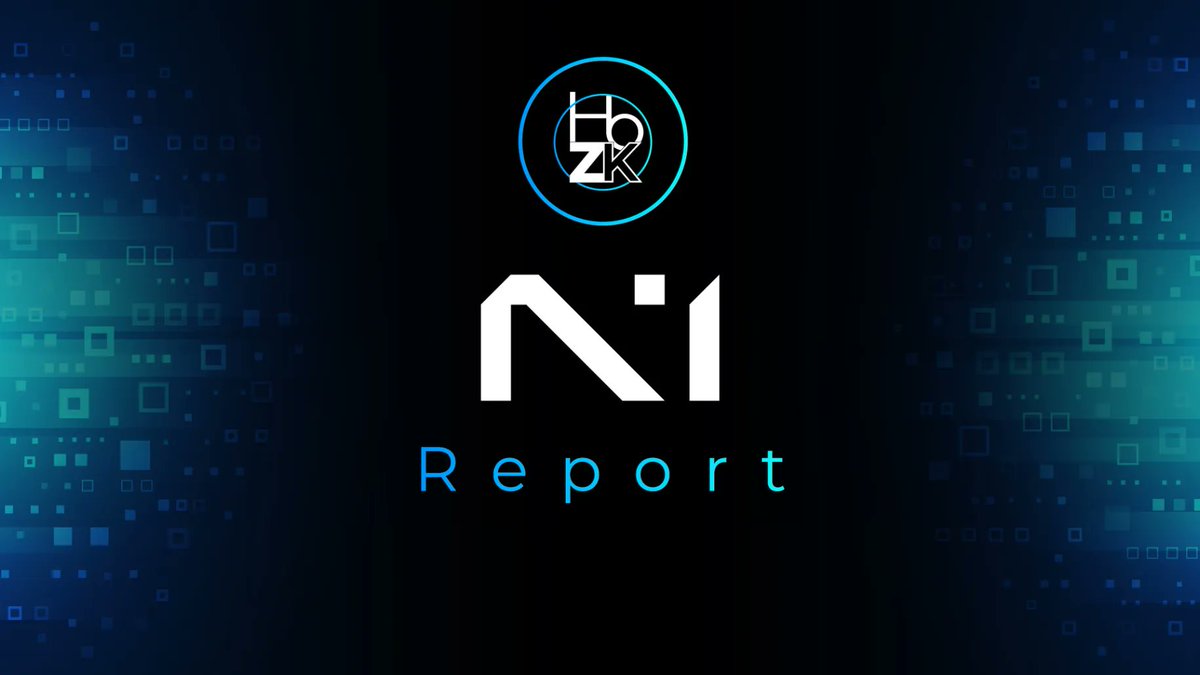
929
0
The content on this page is provided by third parties. Unless otherwise stated, OKX is not the author of the cited article(s) and does not claim any copyright in the materials. The content is provided for informational purposes only and does not represent the views of OKX. It is not intended to be an endorsement of any kind and should not be considered investment advice or a solicitation to buy or sell digital assets. To the extent generative AI is utilized to provide summaries or other information, such AI generated content may be inaccurate or inconsistent. Please read the linked article for more details and information. OKX is not responsible for content hosted on third party sites. Digital asset holdings, including stablecoins and NFTs, involve a high degree of risk and can fluctuate greatly. You should carefully consider whether trading or holding digital assets is suitable for you in light of your financial condition.

